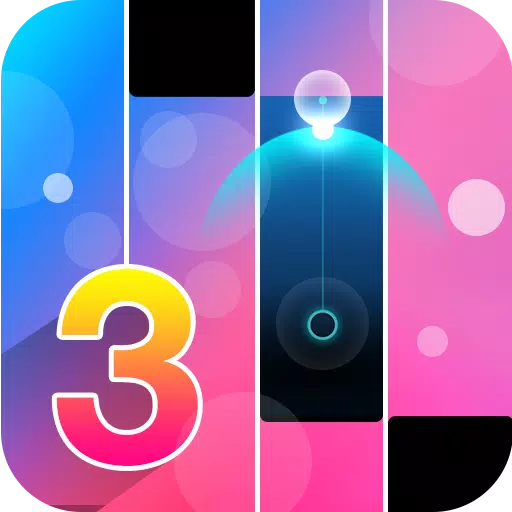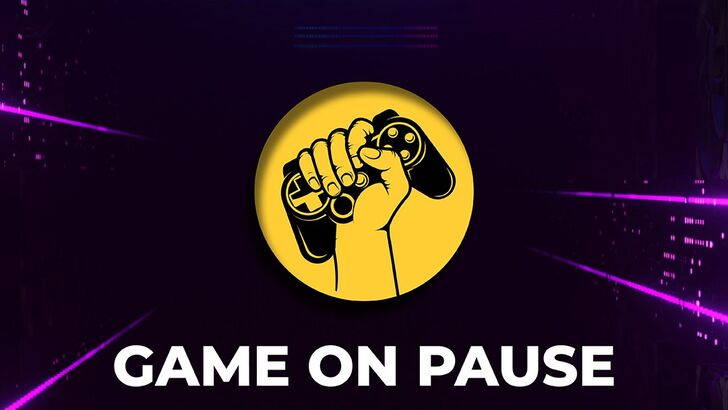 The video game industry faces potential upheaval as SAG-AFTRA, the union representing voice actors and performance artists, has authorized a strike against major game developers. This article explores the ongoing dispute concerning fair labor practices and the ethical implications of artificial intelligence in the industry.
The video game industry faces potential upheaval as SAG-AFTRA, the union representing voice actors and performance artists, has authorized a strike against major game developers. This article explores the ongoing dispute concerning fair labor practices and the ethical implications of artificial intelligence in the industry.
SAG-AFTRA Authorizes Strike Against Video Game Developers
SAG-AFTRA's Announcement
On July 20th, SAG-AFTRA's National Board unanimously voted to authorize its National Executive Director & Chief Negotiator to call a strike if necessary. This strike would encompass all services under the Interactive Media Agreement (IMA), halting work by all SAG-AFTRA members on affected projects. The primary point of contention centers on securing robust AI protections for video game performers.
National Executive Director & Chief Negotiator Duncan Crabtree-Ireland declared the union's unwavering resolve, highlighting the overwhelming 98%+ member support for strike authorization unless employers present a contract including crucial AI provisions. He emphasized the union's dedication to its members whose exceptional performances are vital to the success of globally popular video games.
Key Issues and Industry Impact
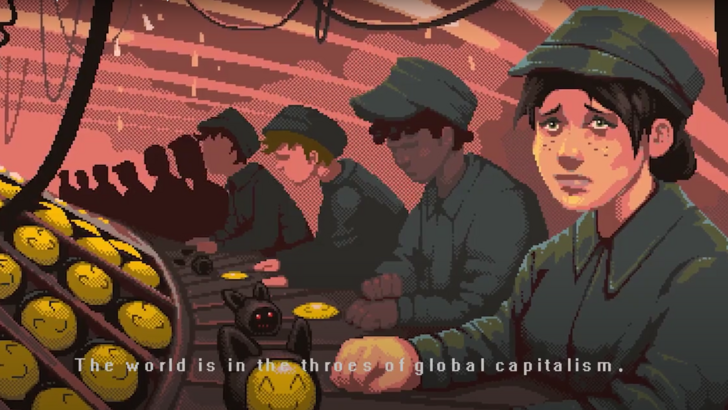 The potential strike stems from concerns over the unchecked use of AI in voice acting and performance capture. Currently, no regulations safeguard actors from AI replication. The union advocates for fair compensation for actual performances and clear guidelines, with appropriate payment, for any AI usage of their likenesses.
The potential strike stems from concerns over the unchecked use of AI in voice acting and performance capture. Currently, no regulations safeguard actors from AI replication. The union advocates for fair compensation for actual performances and clear guidelines, with appropriate payment, for any AI usage of their likenesses.
Beyond AI concerns, SAG-AFTRA seeks wage increases to match inflation (11% retroactively and 4% increases in subsequent years), improved on-set safety measures (including mandated rest periods, on-site medics during hazardous work, vocal stress protections, and eliminating stunt requirements in self-taped auditions).
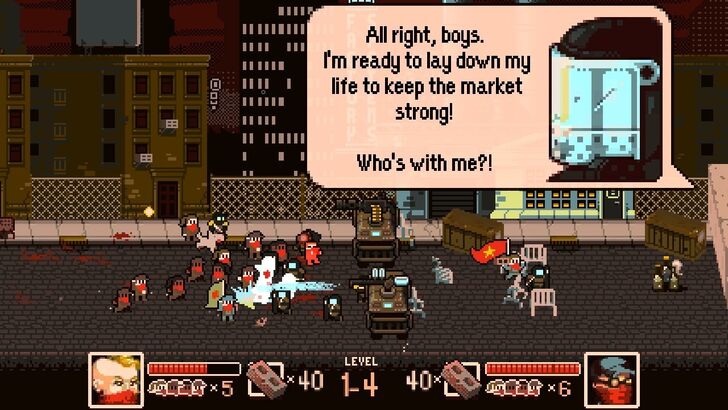 A strike's impact on video game production is uncertain. Unlike film and television, video game development is a lengthy process. While a strike could slow development, the extent of any delays to game releases is unclear.
A strike's impact on video game production is uncertain. Unlike film and television, video game development is a lengthy process. While a strike could slow development, the extent of any delays to game releases is unclear.
Companies Involved and Their Positions
The potential strike targets ten major companies:
⚫︎ Activision Productions Inc.
⚫︎ Blindlight LLC
⚫︎ Disney Character Voices Inc.
⚫︎ Electronic Arts Productions Inc.
⚫︎ Epic Games, Inc.
⚫︎ Formosa Interactive LLC
⚫︎ Insomniac Games Inc.
⚫︎ Take 2 Productions Inc.
⚫︎ VoiceWorks Productions Inc.
⚫︎ WB Games Inc.
Epic Games has publicly supported SAG-AFTRA's position, with CEO Tim Sweeney stating that game companies shouldn't receive AI training rights from dialogue recordings. Other companies haven't yet issued public statements.
Negotiation History and Context
 This conflict began in September 2023 with a near-unanimous (98.32%) member vote authorizing a strike before contract negotiations. Negotiations have stalled despite extending the previous contract (expired November 2022).
This conflict began in September 2023 with a near-unanimous (98.32%) member vote authorizing a strike before contract negotiations. Negotiations have stalled despite extending the previous contract (expired November 2022).
The current situation is informed by a 2016 strike, lasting 340 days, which addressed similar issues but left many union members unsatisfied.
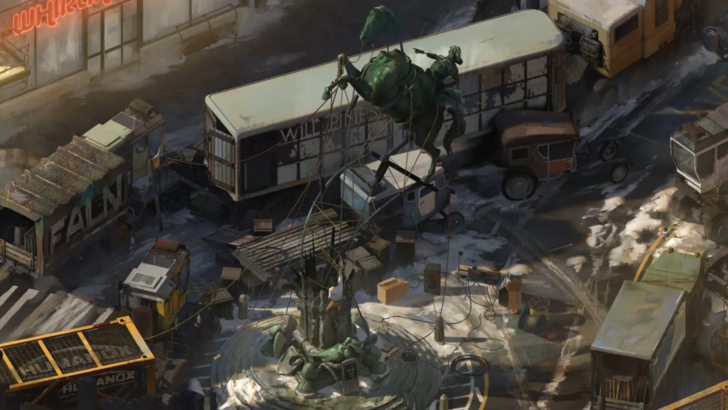 A January 2024 deal with Replica Studios, an AI voice provider, sparked internal union criticism, further complicating the situation.
A January 2024 deal with Replica Studios, an AI voice provider, sparked internal union criticism, further complicating the situation.
This potential strike represents a crucial moment in the fight for fair labor practices in the gaming industry. The outcome will significantly impact AI's role in performance capture and the treatment of video game performers. The rapid advancement of AI necessitates protecting individual rights and ensuring AI enhances, not replaces, human creativity. A swift resolution addressing the union's concerns is paramount.






